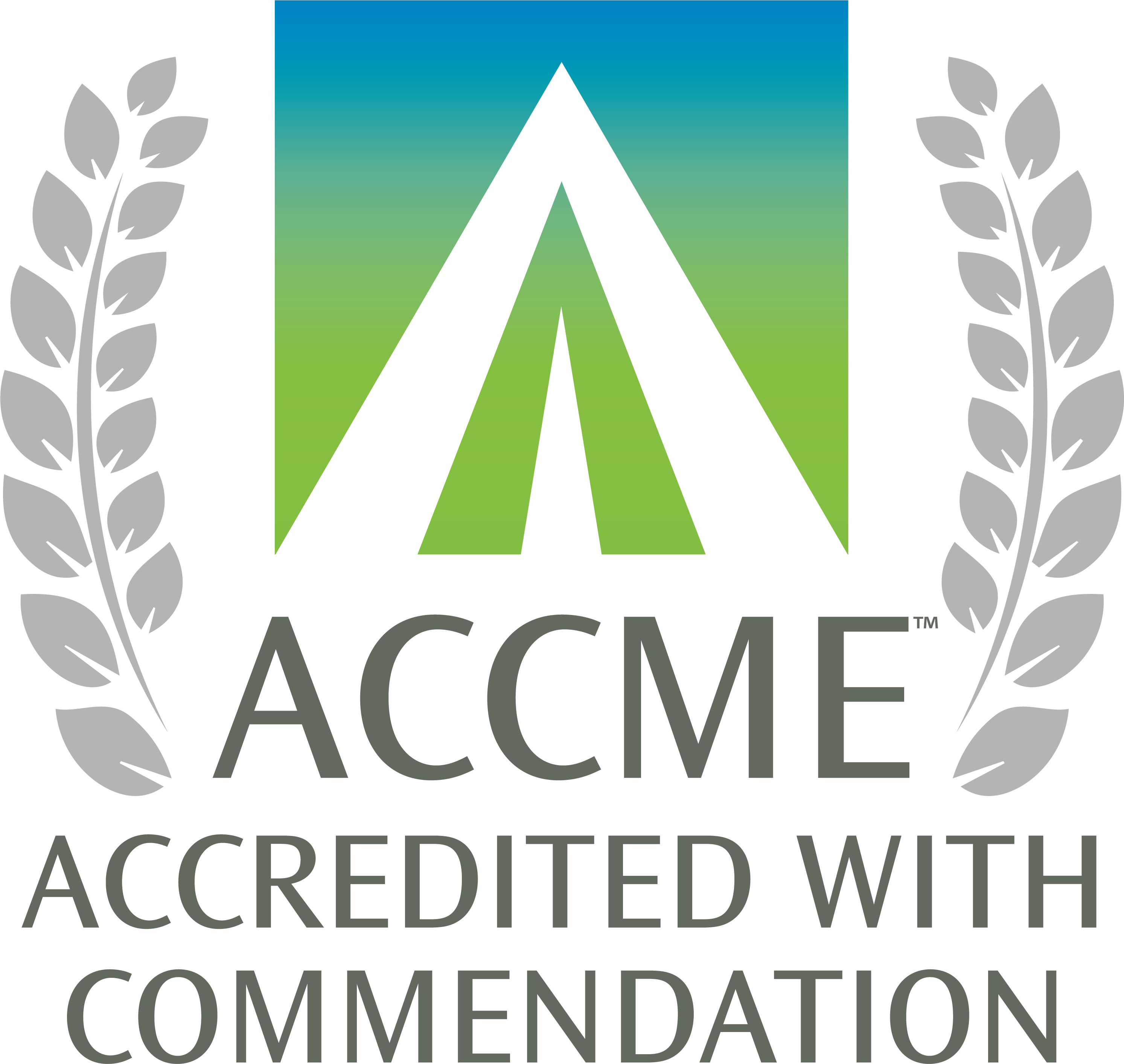Heart Failure - Systolic Dysfunction [update 2019]
To begin this activity, click Enroll. Once logged in, learners can access educational content, assessments, and evaluations. Learners who successfully complete the activity will be able to print a certificate.
Release Date:
Mon, 1/1/18
Termination Date:
Tue, 12/31/19
Credits:
1
Description:
Over the past decade, the understanding of HF has changed dramatically. The most common cause of HF remains an ischemic insult. This insult initiates a cascade of events mediated by neurohormonal influences that adversely affect the heart. Numerous pharmacologic and lifestyle interventions can improve mortality. The availability of so many treatments has resulted in confusion about how and in whom to initiate and titrate therapy, resulting in variation in the management of this condition and under use of medications that have been proven effective.
Health care systems have targeted HF as a medical condition needing better disease-based management because of its prevalence and its management costs. Treatment guidelines have evolved to improve the standardization of care using evidence-based approaches. This guideline-based, self-study activity provides practical guidance to clinicians about managing heart failure due to systolic dysfunction. A framework of symptom severity guides pharmacologic treatment of these patients.
Health care systems have targeted HF as a medical condition needing better disease-based management because of its prevalence and its management costs. Treatment guidelines have evolved to improve the standardization of care using evidence-based approaches. This guideline-based, self-study activity provides practical guidance to clinicians about managing heart failure due to systolic dysfunction. A framework of symptom severity guides pharmacologic treatment of these patients.
Educational Objectives:
Participants in this CME activity will understand and be able to implement evidence-based cost-effective clinical strategies for the diagnosis and treatment of heart failure in adults.
Target Audience:
This self-study activity is appropriate for primary care clinicians and other health care providers who diagnosis and treat heart failure in adults.
Accreditation and Credit Designation:
The University of Michigan Medical School is accredited by the Accreditation Council for Continuing Medical Education (ACCME) to provide continuing medical education for physicians.
The University of Michigan Medical School designates this enduring material for a maximum of 1.0 AMA PRA Category 1 Credits™. Physicians should claim only the credit commensurate with the extent of their participation in the activity.
The University of Michigan Medical School designates this enduring material for a maximum of 1.0 AMA PRA Category 1 Credits™. Physicians should claim only the credit commensurate with the extent of their participation in the activity.
Release Date:February 2017
Termination Date: June 2022
Continued availability of CME credit for this activity depends on a thorough review of its content every three years. This activity was last reviewed for currency and accuracy in June 2019, and availability of CME credit continued.
Additional Info:
Authors:
William E. Chavey, MD; Family Medicine
Barry E. Bleske, PharmD; Pharmacy
R. Van Harrison, PhD; Medical Education
Robert V. Hogikyan, MD, MPH; Geriatric Medicine
Yeong Kwok, MD; General Medicine
John M. Nicklas, MD; Cardiology
Consultants:
Todd M. Koelling, MD; Cardiology
Financial Disclosure Information:
Barry Bleske, PharmD
Speaker's Bureau: Boehringer Ingelheim, Otsuka
Research Funding: Otsuka
There are no other relevant financial relationships to disclose for this CME activity.
UMHS Guidelines Oversight Team:
Karl T Rew, MD
R. Van Harrison, PhD
Literature Search Services:
Taubman Health Sciences Library
William E. Chavey, MD; Family Medicine
Barry E. Bleske, PharmD; Pharmacy
R. Van Harrison, PhD; Medical Education
Robert V. Hogikyan, MD, MPH; Geriatric Medicine
Yeong Kwok, MD; General Medicine
John M. Nicklas, MD; Cardiology
Consultants:
Todd M. Koelling, MD; Cardiology
Financial Disclosure Information:
Barry Bleske, PharmD
Speaker's Bureau: Boehringer Ingelheim, Otsuka
Research Funding: Otsuka
There are no other relevant financial relationships to disclose for this CME activity.
UMHS Guidelines Oversight Team:
Karl T Rew, MD
R. Van Harrison, PhD
Literature Search Services:
Taubman Health Sciences Library
Credits available:
AMA PRA Category 1: 1.00
Participation: 1.00


